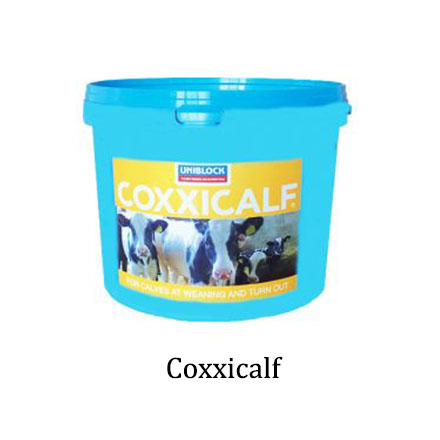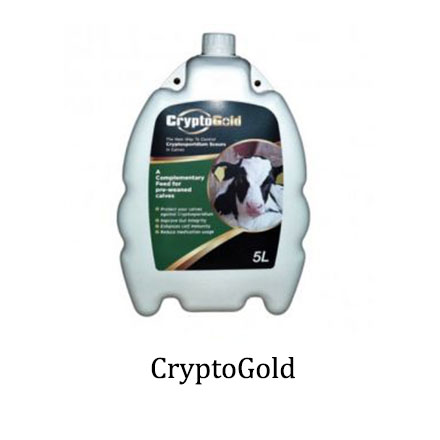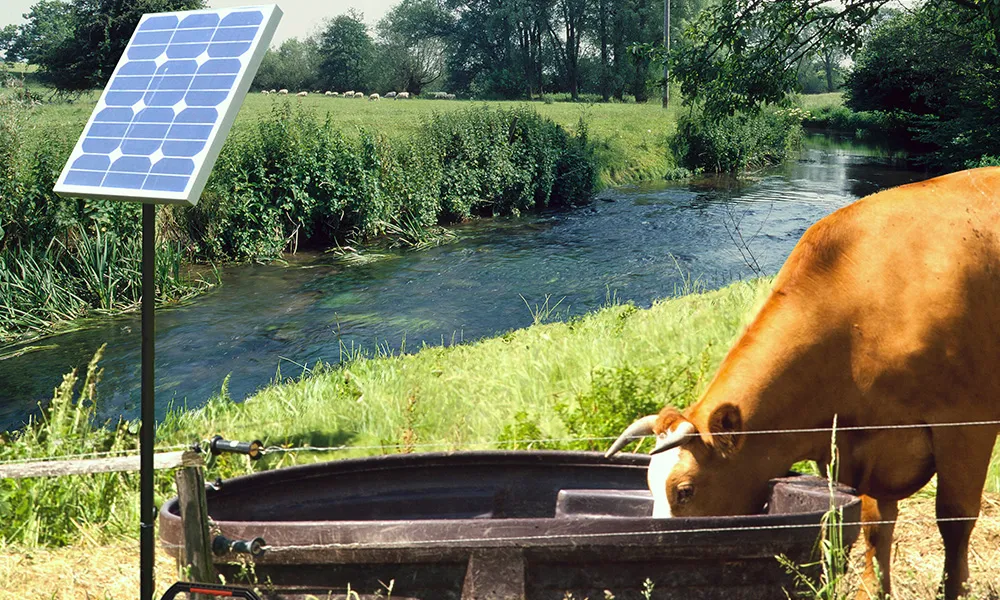
Agridirect.ie discusses the recent outbreak of cryptosporidiosis in the mid-west, and outlines some measures farmers can take to protect themselves, their families and their livestock. Well folks, it’s that time of year again. Cryptosporidium is usually rampant in the spring time, and it seems that 2022 will be a particularly bad year for it. This week, public health officials in the mid-west issued a statement advising people to improve handwashing on farm settings. This follows an outbreak in the region over the past month of so.
What is cryptosporidium?
Regular readers of this platform probably don’t need a description of cryptosporidium at this stage. Suffice it to say that it’s a parasite that invades the intestinal tract. The parasite has 3 developmental stages: meronts, gamonts and oocysts. Crypto reproduces in the walls of the intestinal tract. Once it has developed to the oocyst stage, it can survive outside the host for some time. It tends to lie on the feces of infected animals, and this is how it spreads.
Symptoms of cryptosporidium in animals
The primary symptom of cryptosporidium in animals is scour. Crypto parasites are responsible for most fatal calf scour cases. Unless properly treated, the onset of crypto-related scour is likely to be fatal. With the constant expulsion of fluid from its body, the calf will simply succumb to dehydration. Even when well treated, calves might not survive crypto. What farmer isn’t familiar with the pain of losing a calf after spending several sleepless nights treating it? Reports from DAFM and DARD veterinary services have revealed that up to 40% of calf deaths in the first six weeks after birth are attributable to scour. The frequency with which calves succumb to scour means that cryptosporidium is inestimably destructive of farm revenue in Ireland. There are a range of products available on the market that will help to prevent cryptosporidiosis in calves.
Symptoms in humans
Humans who have contracted cryptosporidium exhibit the following symptoms
- Diarrhea
- Cramps or stomach pain
- Extreme dehydration
- Nausea
- Vomiting
- High fever
- Sudden weight loss
If you suspect that you have cryptosporidiosis, you should contact your healthcare provider immediately. If you are suffering from this illness, you should stay hydrated by drinking plenty of fluids. You should also avoid caffeine-based drinks, such as tea, coffee and soft-drinks. Stay away from alcohol, too, as it dehydrates the body. Aside from this, try to maintain a healthy and balanced diet.
Prevention is key
Given this recent outbreak of cryptosporidiosis, we should all take additional precautionary measures against the spread of the parasite. Good hand hygiene is essential in this respect, as is hygiene more generally. Always wash and disinfect your hands and wellington boots after working with cattle. Be particularly cautious when handling animals that have scour!












